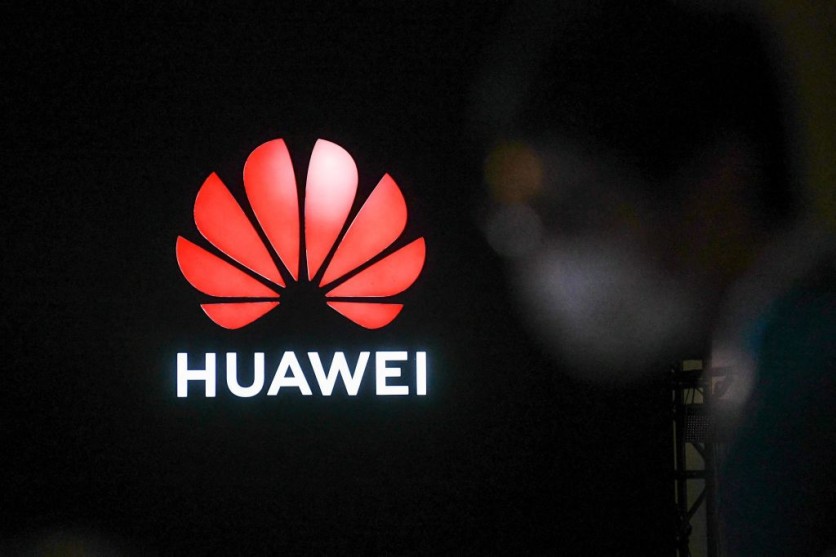)Apple used to be the most in-demand company when it came to the smartphone business but not anymore.
In the first quarter of this year, the Cupertino giant experienced a significant drop in iPhone sales in China, facing intense competition from the domestic powerhouse, Huawei.
According to a report by Counterpoint Research, iPhone sales fell by 19.1% during this period, while Huawei's sales skyrocketed by an impressive 69.7%.
Huawei's Resurgence in the Smartphone Market

Huawei's remarkable recovery is largely attributed to the launch of its latest innovation, the Huawei Mate 60 smartphone, equipped with a high-end chip that supports advanced 5G connectivity.
This resurgence comes after the U.S. imposed sanctions in 2019 that nearly devastated Huawei's smartphone business by restricting access to critical technology.
Now, the Shenzhen-based company has reclaimed its position as the fourth-largest smartphone maker in China, increasing pressure on Apple, which holds the third spot in the competitive market.
In March, it even defied US sanctions as it posted a 10% surge in revenue.
Apple's Strategy for Recovery in China
Despite the downturn, Apple is not standing still. The tech giant is rumored to introduce new color options for its flagship devices, alongside aggressive pricing strategies and the roll-out of new AI features at the upcoming Worldwide Developers Conference (WWDC) in June. These initiatives could potentially rejuvenate the company's sales and influence in the Chinese market over the long term.
The broader smartphone market in China has shown resilience, with a modest year-on-year growth of 1.5% in the first quarter. This marks the second consecutive quarter of growth for the industry, with predictions pointing towards continued low single-digit growth into 2024.
Counterpoint Research highlights the integration of AI features in Chinese smartphones as a key driver for this renewed demand.
Innovative Features Shaping the Future of Smartphones in China
Chinese smartphone manufacturers are not only enhancing high-end models but are also planning to embed new AI technologies into mid-priced phones.
According to CNBC, companies like Xiaomi and Oppo have incorporated the Qualcomm Snapdragon 8 Gen 3 processor, designed specifically for AI applications, into their latest devices. Additionally, Honor, a Huawei spinoff, has introduced an AI-powered eye-tracking feature in its Magic 6 Pro model that allows users to control a car just by using their eyes.
With Huawei now on the front seat in China's smartphone market, it might take a longer time for Apple to catch up when it comes to demand.
Huawei's aggressive comeback poses a huge threat to Apple, pushing the American tech giant to innovate continually and adapt its strategies.
With the strong demand driven by the Huawei Pure 70 series, the local smartphone maker is expected to surpass its impressive performance in the months to come.

ⓒ 2025 TECHTIMES.com All rights reserved. Do not reproduce without permission.




